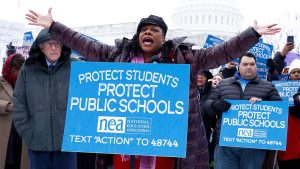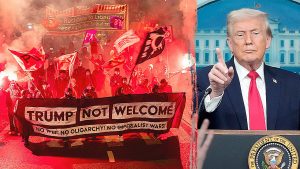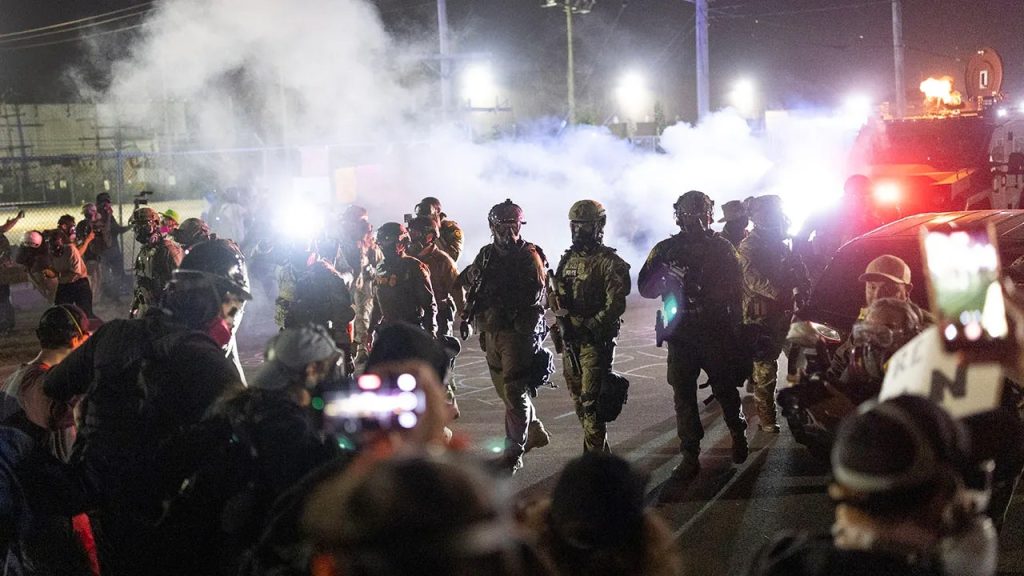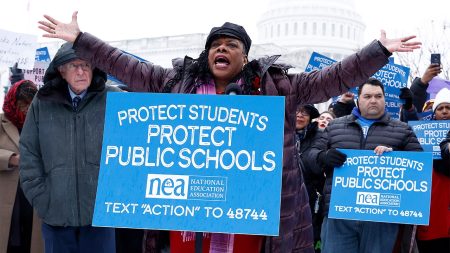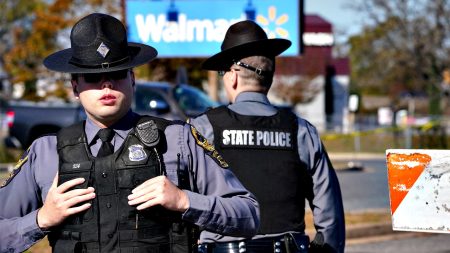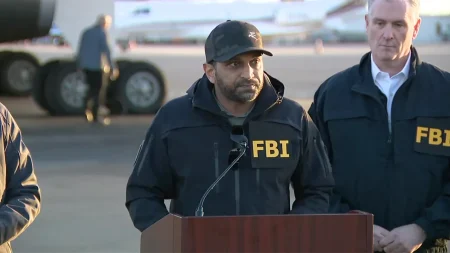Gang Leader Arrested for Bounty on Immigration Officer’s Life: A Disturbing Attack on Law Enforcement
In a shocking development that highlights the ongoing tensions between criminal organizations and law enforcement, federal agents in Chicago arrested Juan Espinoza Martinez, a 37-year-old alleged Latin Kings leader, on Monday for allegedly placing bounties on a senior immigration officer’s life. According to the criminal complaint unsealed by the U.S. Attorney’s Office for the Northern District of Illinois, Martinez offered cash rewards for information on and the killing of a Border Patrol officer involved in “Operation Midway Blitz,” a targeted immigration enforcement initiative in Chicago. This disturbing case represents what U.S. Attorney Andrew S. Boutros called “an attack on the rule of law” and demonstrates the dangers faced by federal officers working to combat gang activity and illegal immigration in America’s major cities.
The details of Martinez’s alleged plot are particularly chilling. Using Snapchat messages under the handle “monkeys—” and the name “Juan,” Martinez reportedly offered “$2k on information when you get him” and “$10k if you take him down,” along with a photograph of the targeted officer. These messages came in response to an October 4, 2025, police-involved shooting in Chicago’s Brighton Park neighborhood involving Border Patrol agents. According to a confidential source, Martinez directed Latin Kings members to patrol specific areas in the city, instructing them to arm themselves and defend gang territory. This mobilization of gang members following encounters with law enforcement demonstrates how quickly tensions can escalate between criminal organizations and the authorities tasked with containing them.
The arrest of Martinez comes amid heightened federal efforts to combat gang violence in Chicago, particularly targeting organizations like the Latin Kings, which have long been associated with violent crimes and drug trafficking throughout the city. Deputy Attorney General Todd Blanche emphasized the significance of this case in the broader context of the Justice Department’s “Take Back America” initiative, describing it as an effort to reclaim “every neighborhood and street corner from violent thugs and criminal gangs.” The timing of Martinez’s arrest is particularly notable as it occurred during a violent weekend in Chicago that saw 29 people shot, four fatally, in just over 48 hours between Friday evening and late Sunday, according to Chicago police statistics.
The federal presence in Chicago has intensified in recent months through operations like “Midway Blitz,” which has resulted in numerous arrests and confrontations with suspected gang members. Just days before Martinez’s arrest, federal agents apprehended two individuals accused of ramming government vehicles in separate incidents. One suspect, Marimar Martinez (apparently unrelated to Juan Espinoza Martinez), was wounded in a shooting during her arrest, while another suspect, Anthony Ian Santos Ruiz, was taken into custody under similar circumstances. These incidents underscore the increasingly confrontational nature of law enforcement operations targeting gang activity in Chicago and the corresponding resistance from criminal organizations feeling the pressure of these enhanced enforcement efforts.
The charging of Martinez with murder for hire represents a significant development in federal efforts to protect law enforcement officers from retaliation and intimidation by criminal organizations. U.S. Attorney Boutros emphasized that under his leadership, the federal prosecutor’s office in Chicago will “hold defendants accountable for their grave criminal actions and ensure that no federal officer has to fear for their life for doing their job.” This case highlights the personal risks faced by immigration officers and other federal agents working in communities where gang influence remains strong, and where enforcement actions can trigger violent responses from criminal networks seeking to protect their territory and operations from government intervention.
The broader implications of this case extend beyond Chicago, reflecting nationwide concerns about the safety of federal officers engaged in immigration enforcement and anti-gang operations. As described by Deputy Attorney General Blanche, “Placing a bounty on the head of a federal officer is an attack on the rule of law and on every American who depends on law enforcement to keep them safe.” The arrest of Martinez serves as both a warning to those who might consider targeting law enforcement and a reminder of the complex, often dangerous dynamics at play in America’s ongoing efforts to address gang violence, drug trafficking, and illegal immigration in major urban centers. As Martinez awaits his initial court appearance, the case stands as a stark example of the continuing challenges faced by federal authorities working to dismantle criminal organizations that threaten community safety and undermine public institutions.
